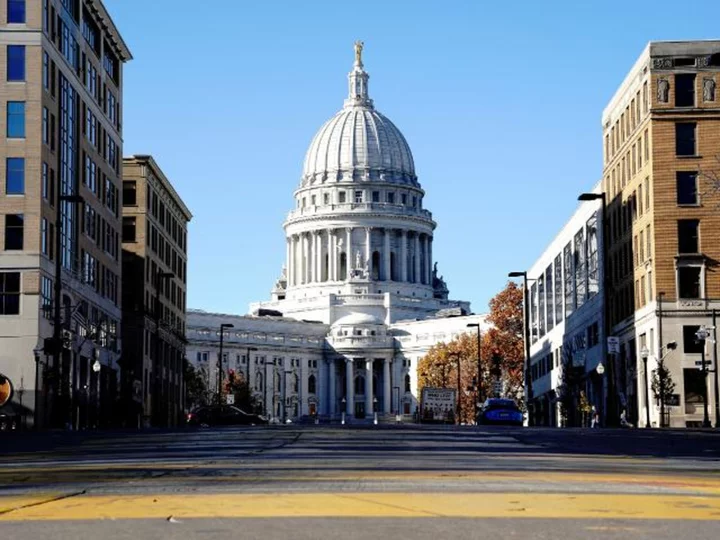TULSA, OKLAHOMA: An Oklahoma man narrowly escaped death after a shocking and brutal attack at a Tulsa Hills neighborhood Sonic fast-food restaurant on Wednesday, August 2. The assailant, identified as Clinton Collins, drove a flagpole with an American flag attached straight through the victim's skull, leaving him severely injured.
The incident unfolded around 7:30 pm in front of multiple witnesses, leaving onlookers stunned and horrified. "That's what he gets. He deserved it," Collins allegedly stated callously as he used the makeshift weapon to stab the unidentified victim.
Who is Clinton Collins?
Collins is a member of the Muscogee (Creek) Nation, a self-governed Native American tribe in Oklahoma. Allegedly, the perpetrator forcefully impaled the pole into the man's head below his jaw, causing it to exit near his right temple and inflicting severe injuries. Tulsa police acted swiftly and took Collins into custody, charging him with maiming. Officer Danny Bean, recounting the gruesome event, likened it to scenes from a TV show or a horror movie.
"Like you'd see in a TV show or a horror movie, ran at him and stabbed him through the head," he told 2 News. "Went through the bottom and out through the other side," he added. Shockingly, the American flag was still attached to the pole when the police arrived at the scene. Rescue efforts were not without challenges, as Tulsa firefighters had to cut part of the flagpole to safely transport the victim inside the ambulance. Despite the extent of his injuries, there is a glimmer of hope as authorities believe the man will likely only lose one eye.
Jurisdictional uncertainties surround the perpetrator's trial
Maiming is considered a serious felony crime in Oklahoma, carrying the potential punishment of up to life in prison. However, the motive behind this strange and violent attack inside a fast food chain remains undisclosed by the police. The case's jurisdiction has also raised questions due to the perpetrator being a member of the Muscogee (Creek) Nation. It remains uncertain whether his trial will be handled in tribal court or the US District Court.
This uncertainty arises from the 2020 Supreme Court ruling, which stated that Oklahoma prosecutors lack the authority to pursue criminal cases against tribal citizens in a significant portion of eastern Oklahoma, as it remains an American Indian reservation, encompassing most of Tulsa. However, the Supreme Court's decision last year allows Oklahoma to prosecute non-Native Americans for crimes committed on tribal land when the victim is Native American. These complexities in jurisdiction have further complicated the legal proceedings in this unusual and tragic incident.









